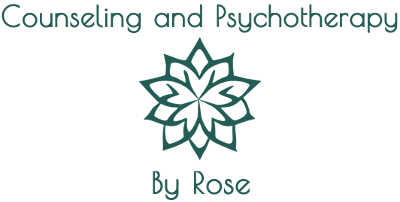Stop Playing and Start Communicating

I have frequently called the beginning stages of a relationship the Ouija board effect, where slight moves from either member of the couple can move the other member in that same direction (e.g., toward or away from the relationship), which then moves the first member even more in that direction, etc. This is because there is so much at stake in those beginning stages – we are wanting that connection, but we also want to be safe. If the other person is going to bolt, we want to bolt first. If the other person wants to move to the next stage, so do we. Of course, if we are afraid of commitment, this dynamic might be the opposite.
These slight, unconscious movements can make it feel like the relationship is moving by itself, much like in a Ouija board game. The problem with the Ouija board effect is that the relationship can go in a direction that neither member consciously wants. Both members are reacting, instead of acting. When we are reacting, we are not necessarily being authentic or even going in a way that we really want. It can be shortsighted, manipulative, and self-sabotaging, but it is usually our first inclination when we are feeling vulnerable.
Be Courageous
Acting authentically requires being both vulnerable and honest. This requires courage. In order to open yourself up to a relationship, you need to be able to tolerate your own vulnerability. This includes accepting that the other person is a separate person, capable of making their own decisions, even if it is not the way you want to go. Manipulation may get you what you want in the short term, but no worthwhile, long lasting relationship can be built on that structure.
Acting authentically also includes accepting that you are a separate person, capable of making your own decisions based on your own values and desires. Ask yourself what you would like and what is important to you. Try to stay open to new insights, but try not to convince yourself out of what you know, deep down, is important to you.
Bolster Your Courage
Being courageous and vulnerable can be tough, but there are some things you can do to bolster your courage when you need it most. Keeping close to your friends and family can provide you with a stable base regardless of what happens in your maybe-relationship. Also think about when you feel the safest or happiest, even outside of a relationship. Maybe you are an avid runner, book-reader, or love bubble baths. Don’t be afraid to treat yourself in ways that improve you. There are also some wonderful breathing exercises (see my articles on mindfulness) that can give you a quick dose of self-love, even when you are in the midst of rejection.
Use Your Words
So – go ahead and take your hands off the Ouija board and say what you are thinking and feeling, even if you do not have a conclusion. If you really want something from the other person, request it, rather than demanding or manipulating. Know that they might have a good reason why that specific request won’t work for them, so be open to listening to them, too. It is likely that may feel just as vulnerable in their own way, so be respectful. And you never know – they might just want the same thing.
Rose Rigole is a psychotherapist in private practice in Costa Mesa and Los Angeles, California, and is currently accepting new clients. She can be reached by telephone at (424) 571-2273, by email at rose@counselingsocal.com, or via her website at https://counselingsocal.com.

